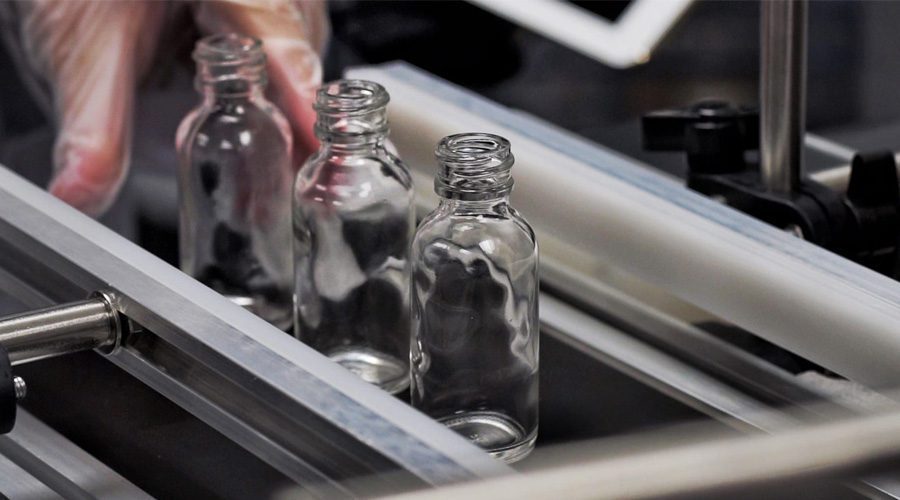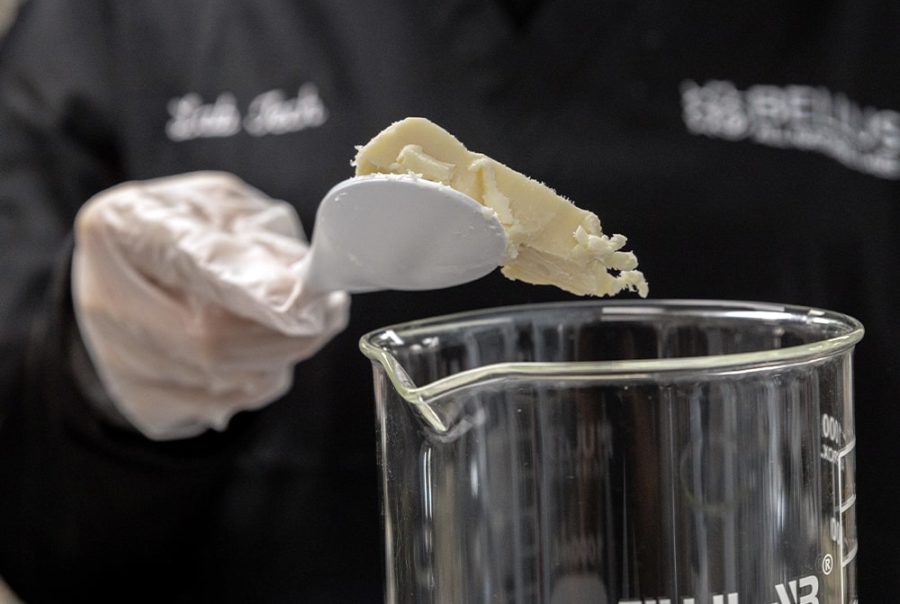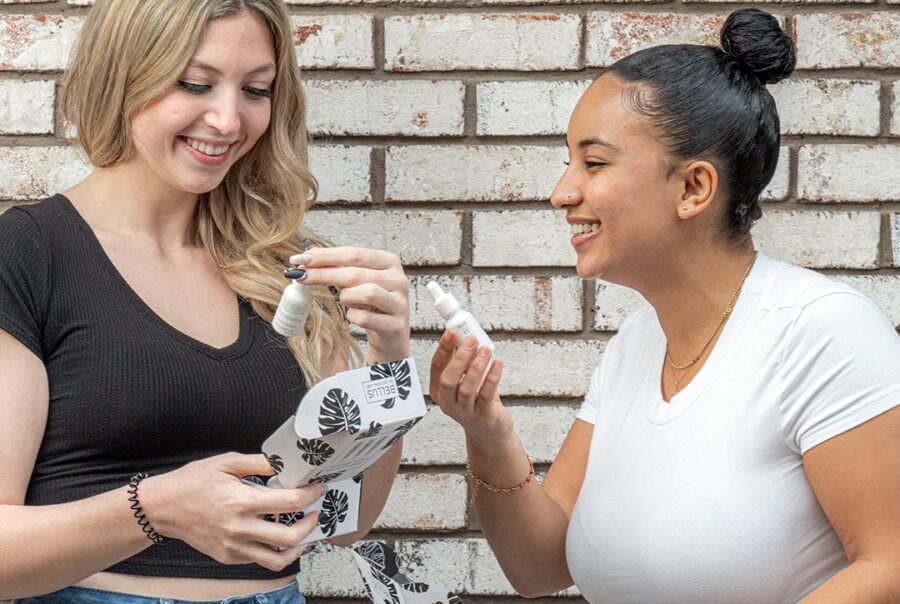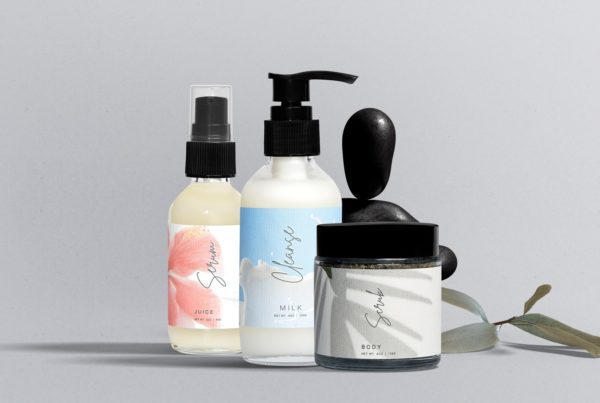A visually unappealing label can really put a damper on a beauty product’s appeal. While aesthetics play a significant role in choosing labels for cosmetics and beauty items, there’s more to think about beyond just looks. Here are six essential tips to keep in mind when creating and ordering custom labels for your beauty products, especially those falling under the FDA skincare guidelines.
Creating a label that complies with regulations is vital for your products’ success. Non-compliant labels for cosmetics, especially those under FDA skincare guidelines, can lead to regulatory actions by the FDA if they’re deemed misleading or lack necessary information. To avoid this, the FDA offers a helpful cosmetic labeling guide that ensures your labels meet legal requirements.
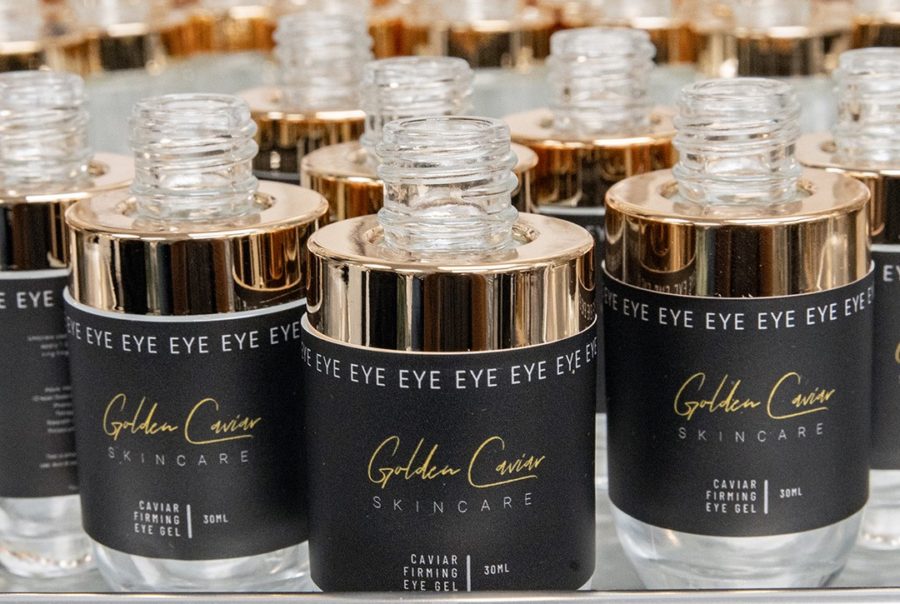
Here’s a snapshot of what’s needed on the principal display panel:
- Identity Statement: Clearly depict the product’s nature and use through a name or illustration understandable to the public.
- Accurate Net Quantity Statement: Include the precise quantity of contents measured by weight, numerical count, or a combination of both.
Information panels on cosmetic labels, especially those following FDA skincare guidelines, have specific requirements. Here’s what’s necessary:
- Name and Place of Business: Include the manufacturer’s, packer’s, or distributor’s street address, city, state, and ZIP Code.
- Distributor Statement: If the product isn’t manufactured by the name and address listed, include a statement like “Manufactured for…” or “Distributed by…” to specify the actual manufacturer or distributor.
- Material Facts: Accurately list all materials present in the product.
- Warning and Caution Statements: Display prominent and clear warnings for any hazardous aspects of the cosmetics to ensure consumer safety.
- Ingredients: Include a list of ingredients on the information panel, arranged in descending order of predominance.
Adhering to these requirements ensures transparency, safety, and compliance with FDA skincare regulations, promoting trust and clarity for consumers engaging with your skincare products.
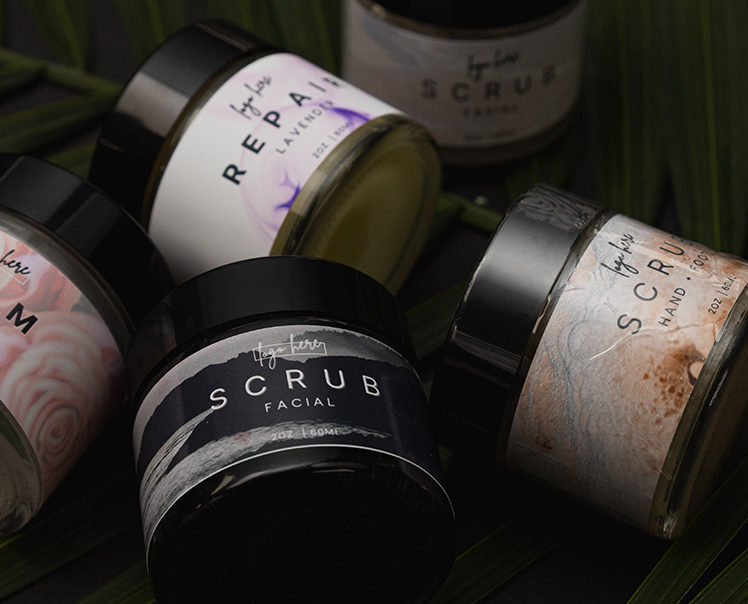
Highlight Other Indicators
The necessary information mandated by the FDA isn’t the only essential content for your product labels. Incorporating additional labeling “claims” can set you apart from competitors, particularly if a specific claim holds significant sway with your target audience. These claims might encompass:
- Organic
- Vegan
- Cruelty-free/Not tested on animals
- Alcohol-free
- Hypoallergenic
Including these types of claims on your FDA skincare product labels not only distinguishes your brand but also caters to consumers seeking products aligned with their values and preferences.
If these claims accurately represent your product without being misleading, they can absolutely find a place on your product label, especially under FDA skincare guidelines.
Another valuable piece of information to consider adding is an expiration date. Although U.S. law doesn’t mandate expiration dates for cosmetics, companies are responsible for ensuring the safety of their products. Including an expiration date, especially if your products have a shelf life, is a thoughtful way to prioritize your customers’ well-being.
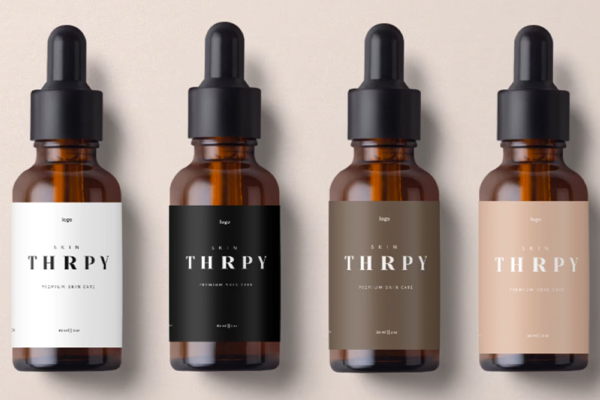
In conclusion, it’s become clear that adhering to FDA skincare guidelines is crucial in the beauty and cosmetics industry. Crafting labels that comply with these regulations ensures transparency and trustworthiness, bolstering consumer confidence in your products.
We have highlighted the significance of including essential information like identity statements, net quantity, distributor details, material facts, warnings, cautions, and ingredient lists. Moreover, incorporating additional claims such as organic, vegan, cruelty-free, alcohol-free, and hypoallergenic can differentiate your products and resonate with your target audience’s preferences.
While expiration dates aren’t mandatory by law for cosmetics in the U.S., considering their inclusion demonstrates your commitment to customer safety and satisfaction.



